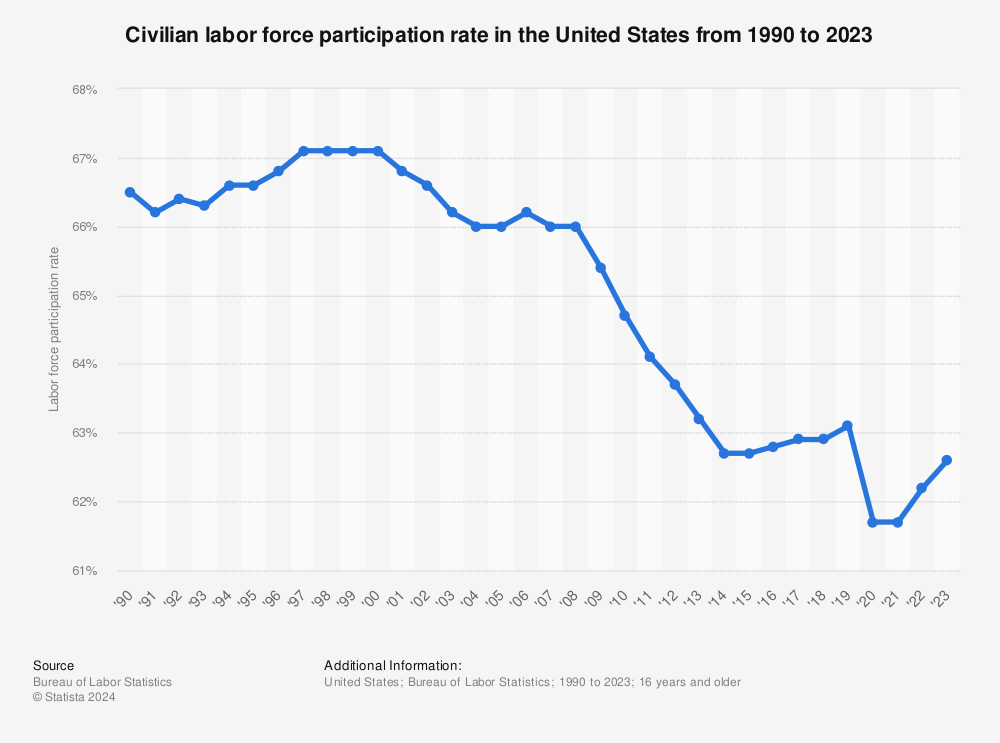In the real world, drivers have about ten bajillion different places they can go, and in fact, they do go. Turnover is crazy high in the industry, over 70% for the industry according to some reports, even over 90% for the largest carriers. Some companies can have almost an entirely different fleet of drivers one year to the next. Others like Wal-Mart can keep the majority of their drivers every year, but have to pay a premium to do so.
I’m going to repeat this sentence: There is a labor shortage in the trucking industry.
That sentence has a very specific meaning. Quantity demanded exceeds quantity supplied, at the going wage. Pretty much every warm and mostly-conscious body out of trucking school can get a job immediately, as long as they’re not, like, out on the lamb for murder. (Even then, it’s possible some companies would still hire the guy if he had a fake ID and a decent wig.) RickJay on these very boards has been writing, quite literally for years, about the truck driver shortage. Get qualified = get a job at the prevailing wage. Simple as that. They are hungry for drivers. If you show up with a trucking license and without an overly-obvious smell of whiskey on your breath, there’s a firm out there which will eagerly throw you the keys to a big rig.
They can’t treat their current workers like shit (or rather, more like shit than the normal job regularly demands), and expect to keep their current staff. Many firms can barely keep their current staff, as is. Giving major bonuses to new hires, and not veterans, is a gross violation of basic standards of fairness and equity. It’s just not going to work, and if it were tried (it wouldn’t surprise me if it were tried – firms try everything) it would make turnover even worse, as many of the “new drivers” firms would attract would be drivers from other firms, not new blood from outside the industry. The firms that lost their veterans would then pick off the veterans with their own similar incentive schemes. This is exactly how wage pressure in an industry works: wages are going up now, tho not quickly, because of how tight the labor market is. But wages simply are not going to spike. Firms, individually or collectively, cannot afford the rapid rise in wages that would be required to sharply increase the quantity supplied in an industry with relatively inelastic labor supply. It’s simply not very pleasant work. Even with fairly good wages, especially for long-haul services, it’s hard to lure new people into the industry.
Equilibrium is an extremely important concept.
The power line between two poles sags a bit toward the ground in the middle because of the force of gravity. But it doesn’t sink all the way down to the ground, or pull the poles out of the earth, or rip apart in the middle, because of the inherent strength of the cable, poles, and dirt. How the cable sags comes from a balance between opposing forces. Wages don’t drop in the trucking industry because workers wouldn’t accept it: firm turnover would jump past 100% annually if they paid any less than they do. But wages don’t spike, even given labor shortages, because firms couldn’t afford the additional cost which would have to be applied to essentially the entire workforce, given the inelastic supply. Wages are pretty good for the relatively little training necessary, but they don’t spike. The price comes from the balance between opposing forces.
